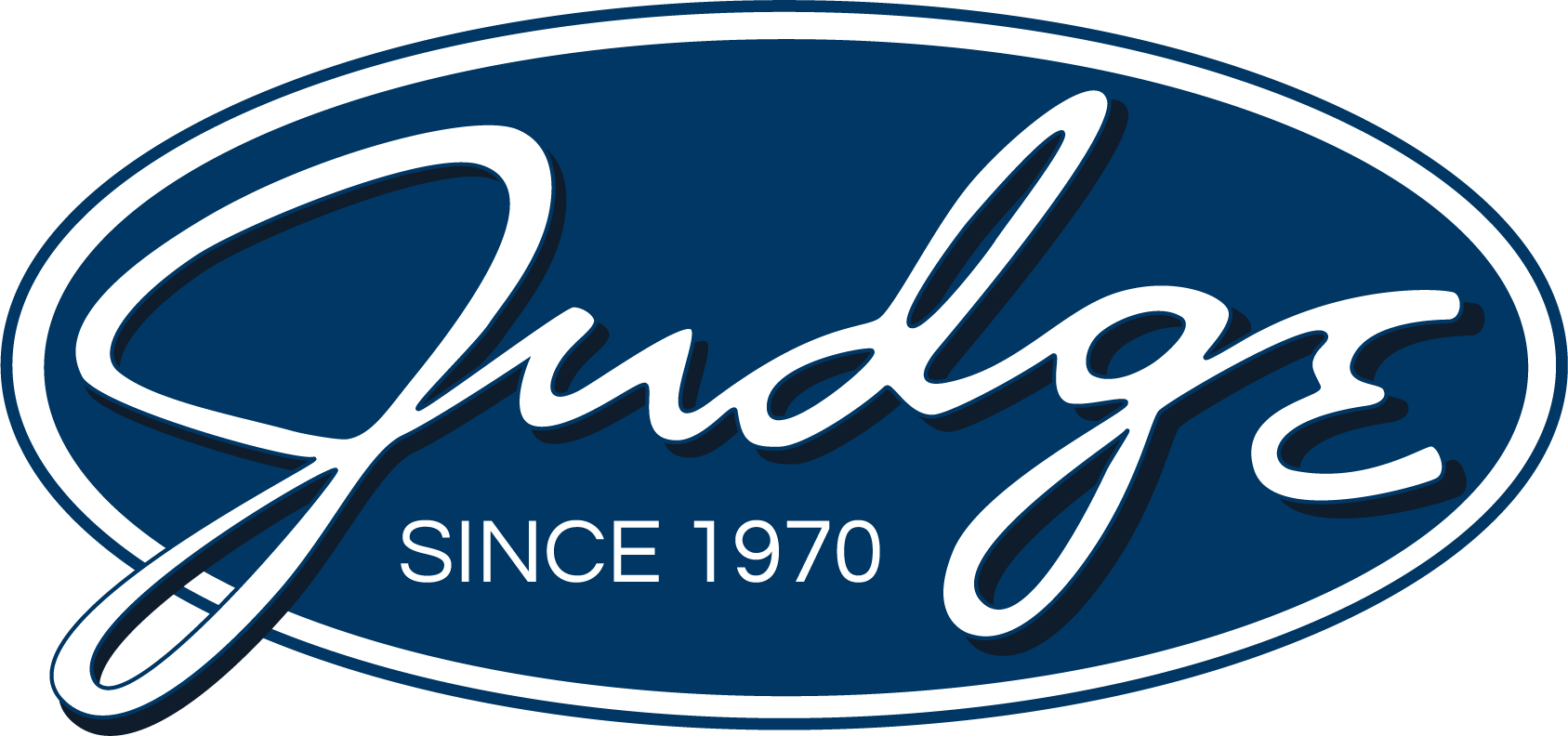Navigating the Workplace as a Young Professional: Six Tips
Congrats—you’ve landed your first professional role! Entering the corporate workforce as a young professional is exciting (and often intimidating) as you develop your skills and contribute to something more significant than yourself.
Understanding the intricacies of an industry, learning the unwritten rules of business etiquette, and putting your accreditations to the test in the real world are common struggles for almost anyone trying to get their foot in the door. Early in my career, I met many of these obstacles.
In this blog I’ll be sharing some valuable advice from the first few years of my professional journey to help smooth your transition and lay the groundwork for an impactful career.
Six tips from a young professional
1. Don’t Discount Your Experience
Everything can seem overwhelming when you start your first professional job. The phrase “drinking out of a fire hose” rings true as you are expected to perform your role and responsibilities while navigating and learning the dynamics of your new workplace. However, whether you realize it or not, you’ve already experienced (and navigated) many of those dynamics.
Your internships, part-time roles, education, and recreational activities have all given you a taste of what to expect in the business world. Learning on the job, understanding new technology, dealing with different (and sometimes tricky) personalities, and adjusting to new routines have prepared you for life as a young professional. Once you’ve met these challenges the first time, you know what will or will not work when you are expected to face them again. Think back on past challenges you’ve faced before – you’ve overcome them then, and you’ll overcome them again!
So, when you’re feeling overwhelmed and unsure what to do, remember you have experience to lean on. And more experience will come with each new challenge.
2. Network, Network, Network… and Network Some More
You’ve almost certainly heard someone say, “It’s not what you know; it’s who you know.” While technical and soft skills are critical to career advancement, forming relationships can be equally important.
Early in my career, I consistently received feedback from my managers that I should make myself more visible and connect with new people, which was a challenge for my shy personality. First, I started tagging along to meetings outside of my department, interacting with everyone from individual contributors to C-suite executives. I also attended and took part in company events like holiday parties (I followed our holiday party etiquette guide, of course). In addition, I joined my company’s young professionals’ employee resource group, which helped provide me with more exposure outside of my department and connect me with people my age.
After building rapport with my new connections (and connecting with them on LinkedIn), I stayed in touch – talking with them at lunch, while grabbing coffee, or any time I saw them. Before I knew it, I had built a network of peers who got to know me and would advocate for me. When it was time for performance evaluations and advancement opportunities, I knew I could rely on them to put a good word in for me. In fact, many of them shared specific examples of how I helped them find success in turn.
Networking with professionals in your profession and industry is equally vital to professional development. Don’t just take my word for it— Judge published a comprehensive guide to event networking, which you can read here. Understanding event attendees, taking part in breakout groups, distributing business cards, offering value, and connecting on LinkedIn can significantly enrich your personal and professional life.
So, the next time you see an unfamiliar face while grabbing coffee, at the printer, or just around the office, say hello—you never know how far an introduction will take you (or what new friend you may make).
3. Feedback is a Gift— Make Use of It
As a young professional, receiving constructive feedback can often sting, especially if it was criticism you weren’t expecting to hear. No one wants to be told they’re doing something wrong or haven’t met expectations, especially when you’re expected to be a confident employee right out of the gate.
In my opinion, receiving honest and actionable feedback early on in your career is critical to professional development. Honest feedback is not meant to be insulting or condescending; it is meant to provide you with perspectives on what you should change or improve to grow. Being receptive to mentors’ recommendations and following their advice, especially in your first few years in the workplace, can set you up for a long and successful career.
It’s also important to keep track of the positive things people say about you. Whether it comes in the form of a conversation, email, direct message, LinkedIn comment, or other medium, save it. This positive feedback is essential to building the case for advancement. In addition to tracking your feedback, displaying positive reinforcement from your colleagues (such as putting it on the skills and recommendation section on your LinkedIn) enhances your authority in your organization and proves your impact and reach. Also, don’t be afraid to provide positive feedback; your colleagues will appreciate it and will likely pay it forward.
4. Remember, You’re Never Done Learning
Putting education behind you after you’ve begun your professional career may be tempting. Until recently, I was content not to think about classwork, tests, and group projects again. Surprisingly, I saw how valued continuing education and professional development were among my supervisors and managers, with many proudly displaying their recent degrees and certifications in their offices and on LinkedIn.
To that end, I researched what certifications I could reach to bolster my skill set and completed digital and email marketing courses. I also began graduate school, pursuing a Master of Business Administration (MBA). Learning new technical and soft skills, like leadership and how to communicate effectively, is essential to advancing your career. Organizations will take note of and reward such individuals, with many companies offering reimbursement for tuition or certifications and advancing those having advanced skills.
5. Find Your Balance
“Work-life balance” may sound like a trendy buzzword, and it can be difficult to understand early in one’s career. When I started my career, I believed I needed to commit myself fully to my job and sacrifice personal time to succeed. However, just as in my example of continuing education, I noticed that my successful mentors and colleagues took time for themselves or pursued passions and activities outside of work.
Balancing life outside work can be as simple as taking time off to recharge. Companies provide paid time off for a reason— make sure you take full advantage of that time to travel someplace new, do something fun, or nothing at all! When you return to work, hopefully you’ll feel refreshed. Having photos or stories to share with your peers is a bonus!
Turning your work mind off and focusing on physical exercise and hobbies, or spending time with family and friends helps you disconnect. And remember, share your interests with colleagues – you may find that you have a lot in common.
6. Just Breathe… You’ve Got This
If you’re still reading, you may be feeling a little overwhelmed. That’s okay. I suggest you take a step back and recognize how far you’ve already come. You’ve earned the right to be where you are today!
You’re not alone in this journey either— your colleagues and professional network have all been young professionals at some point, and many are still forging their path toward success. While the specific challenges of navigating the workplace as a young professional change from generation to generation, you will have shared many of the same relatable experiences. You’ll also join your mentors in guiding the next generation of young professionals, which is an exciting opportunity when it arrives.
So, take a moment to reflect on what I’ve shared and your own experiences; you’ll find you have everything you need as a young professional to succeed. Questions? Message me on LinkedIn. Better yet, let’s connect and expand our networks!
About The Author
Tim Ruane joined The Judge Group in November 2021 as a Marketing Communications Specialist. He specializes in email marketing, client and candidate-facing communications, and lead intelligence and generation. Tim graduated from La Salle University with a double major in Marketing and Finance in 2021 and has returned to his alma mater for his MBA. You can connect with Tim on LinkedIn here.




